Driver incentives that work: 14 real-world fleet safety examples you can adopt

In 2022 alone, 5,936 large trucks were involved in fatal crashes, representing a 49% surge over the past decade. These escalating accident rates underscore why fleet safety has become not just a priority, but a necessity for transportation companies seeking to protect drivers, other road users, and their business sustainability.
Incentive-based safety programs are one of the ways fleet managers are tackling the safety issue. Research shows that fleets that actively invest in positive safety incentives consistently demonstrate fewer accidents, stronger driver retention, and significant cost savings. For example, long-haul trucking turnover rates hover around 94%, and driver replacement costs reach over $12,000 per driver. With this in mind, the case for smarter, incentive-driven safety initiatives has never been clearer.
Below, we showcase 14 real-world examples of successful driver incentive programs from our customers, offering actionable strategies for HR professionals, fleet safety operations managers, and driver coaches to improve safety scores, reduce accidents, and retain top talent.
Overview of Driver·i® & GreenZone® Score
Before diving into the successful driver incentive programs, here’s a bit of background on our system and how it supports incentive programs.
Netradyne’s Driver·i platform leverages artificial intelligence and edge computing to analyze 100% of drive time, identifying high-risk behaviors such as distraction, drowsiness, and traffic signal violations.
The platform uniquely recognizes safe driving habits, giving managers the complete behavioral picture. The GreenZone® Score assigns drivers a score from 1 to 1,000 based on driving habits; 850 is the recommended baseline fleet goal for optimizing safety results. Scores increase with positive actions, called DriverStars, and decrease with risky behaviors. This objective, data-driven system empowers fleet managers to identify high performers, target coaching, and structure incentive programs.
14 Real-world examples of driver incentive programs to support fleet safety
Below you’ll find examples of driver incentive programs across diverse fleet sizes, industries, and driving types, all from Netradyne’s customer base. While these examples reference Netradyne’s GreenZone driver score, they can be adapted for any driver score.
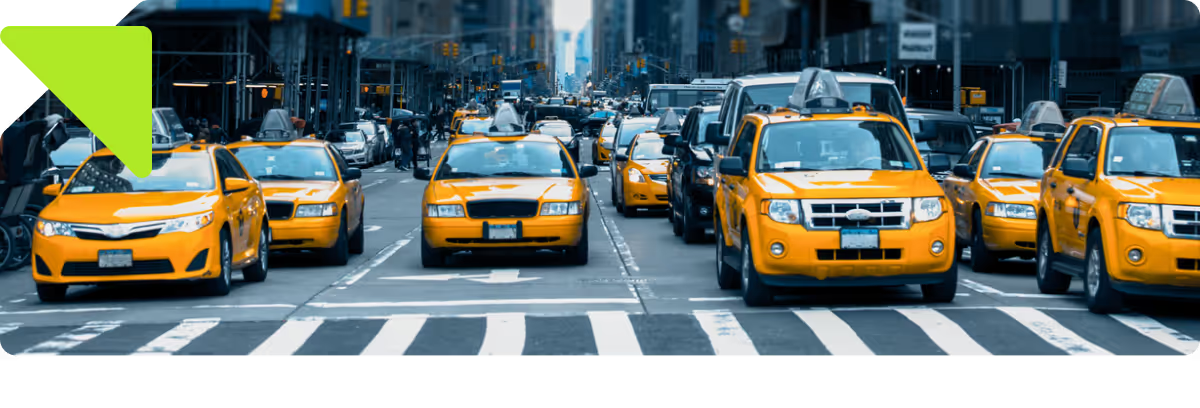
1. Taxi Service (Urban Fleet Operation)
Incentive: Competition-based gamification and monthly draws for cash prizes and recognition.
Implementation: Drivers with a GreenZone score ≥950 qualify for a cash/prize raffle. Drivers are also highlighted for proactive “DriverStar” events (hard braking avoidance, etc.).
Results: In one month, stop-sign violations fell 47% and traffic-light violations dropped by 42 incidents as drivers competed to qualify for rewards.

2. Regional For-Hire TL & LTL Carrier
Incentive: Grand prize end-of-year bonus
Implementation: The driver with the highest annual GreenZone score receives a $20,000 check at the end of the year, presented at a team meeting and promoted on social media for extra recognition.
Results: Majority of drivers exceed the baseline goal of 850 and a handful regularly surpass the top score of 1,000. Correlates to significantly reduced CSA scores, accidents and claims.
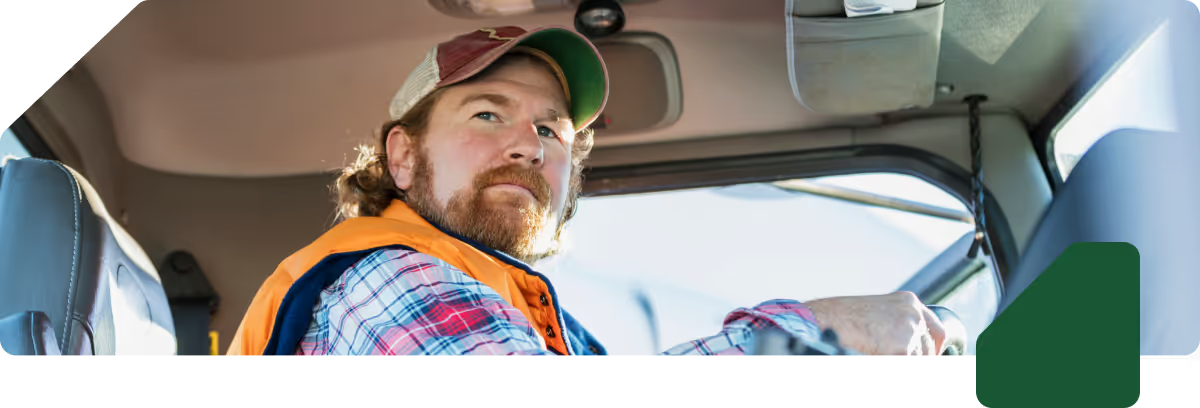
3. Trucking Company (Regional Carrier)
Incentive: Club membership recognition and prize draws for top safety scorers.
Implementation: Created a “950 Club” for drivers scoring ≥950: members get widespread recognition (social posts, certificates) and company swag monthly. All monthly club members also enter a year-end draw for a large prize.
Results: Following-distance compliance climbed from ~50% to 98.4% over two years, and CSA safety scores plummeted (from 2.37 to 0.84), dramatically cutting incidents and loss ratios.

4. Long-haul Transport Company
Incentive: Monthly monetary bonuses for top scorers in various areas, plus option to choose time off
Implementation: Drivers compete for the highest GreenZone scores and other metrics. Monthly cash bonuses are paid to the drivers with the highest GreenZone score, safest following distance, and most DriverStars. Drivers can also choose to take days off work instead of cash.
Results: Fleet-average GreenZone score jumped almost 10% (850 to 914) within six months. Incident videos show drivers reacting to coaching, and the company noted improved following distance and driver engagement.

5. General Freight Carrier (Medium-sized Fleet)
Incentive: $100 monthly appreciation bonuses for drivers scoring above the fleet average.
Implementation: Safety director offered a $100 “thank you” check to any driver whose GreenZone score exceeded the fleet average for the month. This simple bonus spurred friendly competition: drivers frequently check their scores against peers.
Results: The program lifted the share of drivers scoring above the average GreenZone metric by 27% in six months. At the same time, stop-sign violations fell by 57% and severe violations by 84%; traffic-light violations dropped 49%.
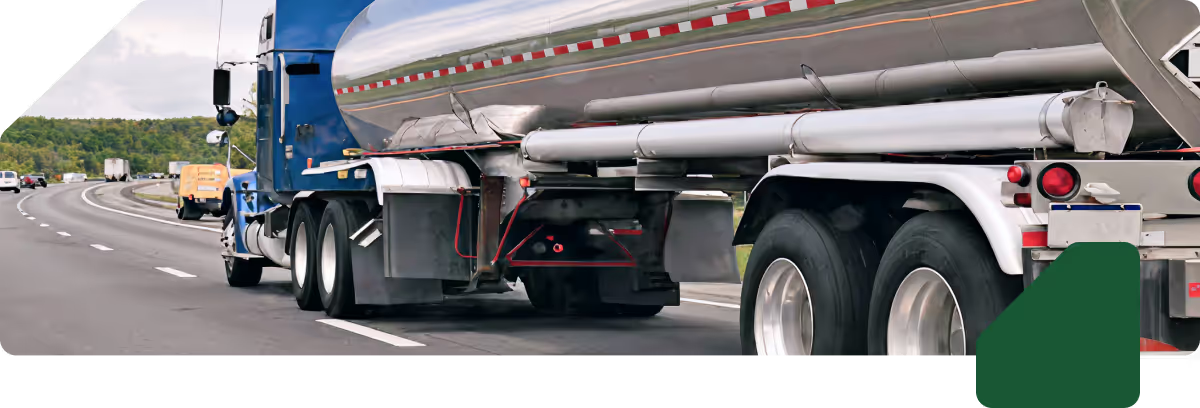
6. Industrial Transportation Provider (National Fleet)
Incentive: Year-end cash bonus tied to GreenZone score compliance.
Implementation: The company requires all drivers to maintain a GreenZone ≥850 to earn a year-end bonus. Drivers now view 850 as unacceptable and strive to raise their scores.
Results: This policy shift dramatically reduced incidents: reported DOT-recordable crashes and incident rates both declined. Surveyed drivers now check scores daily, and one safety executive noted this program had the “single largest impact” on revenue and safety.

7. Regional Trucking Business (Family-owned Operation)
Incentive: Monthly cash lottery for score improvement or consistency.
Implementation: Drivers with a weekly GreenZone score above 850, or those who improved their score by 25 points, get entries into a monthly draw for two $250 cash prizes.
Results: The prizes drove engagement: even a previously resistant driver (who ignored safety alerts) changed behavior after winning once, and overall GreenZone scores climbed steadily. Over time, this has helped keep insurance rates low and improve driver retention.

8. Freight Company (Mid-sized Interstate Carrier)
Incentive: Opt-in participation enables a chance for monthly safety bonuses.
Implementation: Drivers with high GreenZone scores earn hundreds of dollars per month in the company’s safety reward program. Cameras are required for new or lesser skilled drivers; but any driver can opt-in to the camera program for the opportunity to earn the bonuses.
Results: Risky events plunged: following-distance violations dropped 41%, traffic-light violations 54%, stop-sign violations 48%, and speeding 50% across the fleet after one year of the program.

9. Passenger Transport Service (Regional Bus Company)
Incentive: Raises and bonuses tied to GreenZone scores.
Implementation: Raises and bonuses are tied to GreenZone performance while recognizing safe drivers through appreciation events, video displays on lounge TVs, and small cash rewards for DriverStars. Lower-performing drivers receive coaching and recognition when they improve.
Results: Vehicle insurance costs fell 15% after installing cameras, reflecting fewer accidents. The safety culture is now competitive – managers report they can easily and confidently identify who deserves a raise from the data.
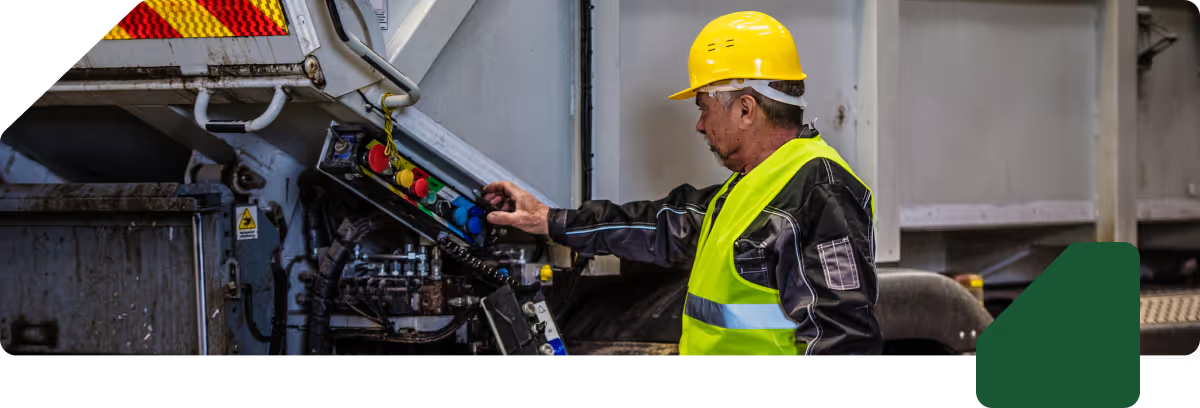
10. Electronic Recycling Company (Specialized Transport Fleet)
Incentive: Gift card prize draw for high GreenZone scores.
Implementation: Weekly contest where the highest GreenZone score wins a $25 gift card. Though modest, this reward drives intense competition—drivers "act like it's a lot more" than $25. The positive competition and data have been key to improving the fleet's safety performance.
Results: This program resulted in a 50% reduction in safety violations, increased driver satisfaction, and improved insurance terms.

11. Transit Company (Urban Delivery Fleet)
Incentive: Club recognition and swag for perfect GreenZone scores.
Implementation: Created a "1,000 Points Club" where drivers achieving perfect GreenZone scores receive T-shirts, plaques, and public praise. 98% of drivers use the Driver·i mobile app daily to self-coach with real-time scores.
Results: Safety director reports that even the lowest performers moved to the top ranks in weeks. Distracted-driving incidents fell dramatically, and overall safety performance improved.

12. Mid-sized For-Hire Carrier
Incentive: Tiered bonus system tied to GreenZone scores.
Implementation: Allocated half of each driver's annual safety bonus based on their GreenZone score, with a sliding scale that directly ties higher scores to higher bonuses.
Results: Within a year, the company saw $1.2 million fewer claims paid and $185K less in deductibles.
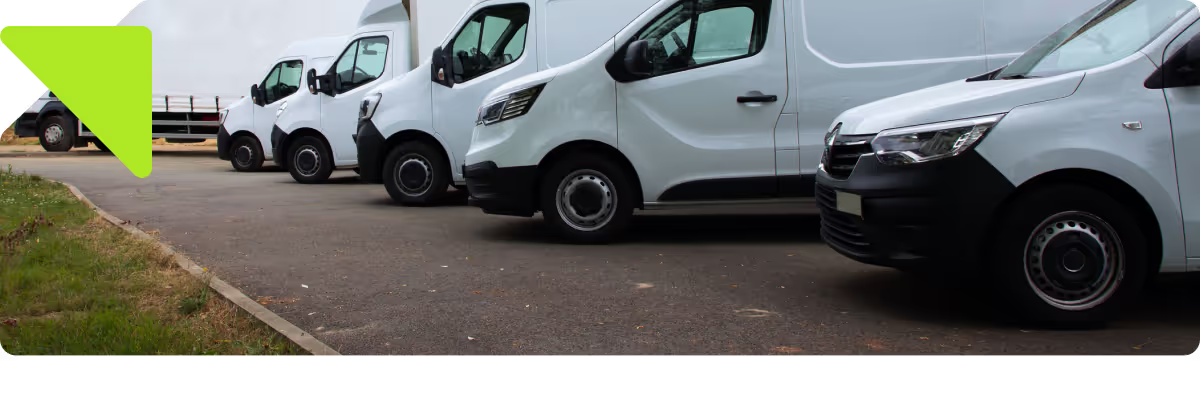
13 - Leasing & Commercial Truck Rental
Incentive: Entry in prize draws for swag tied to GreenZone scores.
Implementation: Runs weekly prize draws for drivers with top GreenZone scores; the top driver for the day gets 12 entries into the prize draw, with runners up getting fewer entries. This is combined with fleetwide recognition and perks, like featuring in a “driver of the month” video. Additionally, the company runs a driver appreciation week built around a friendly competition to be the safest possible driver, measured by the GreenZone score. Prizes are coveted swag like hats and Carhartt jackets with “top driver” patches applied.
Results: Average GreenZone scores jumped from 855 to over 900 and stayed there, along with a 3.7% improvement in speeding compliance. The company estimates they’ve saved 3 cents on every mile driven.

14. Truckload Carrier & Training Fleet
Incentive: Bragging rights.
Implementation: Safety is such a core value and expectation at this fleet, so they decided NOT to reward using cash or swag. They prioritize “bragging rights” instead. Drivers started their own peer competition and now challenge each other to improve GreenZone scores continually.
Results: Maintained the company's stellar safety record, with an emphasis on data.
Get the right technology for your fleet safety program
Learn more about how Netradyne can help you set a structure for rewards, enabling effective driver incentive programs through positive reinforcement and data-based performance measurement.
Book your demo with us today.
